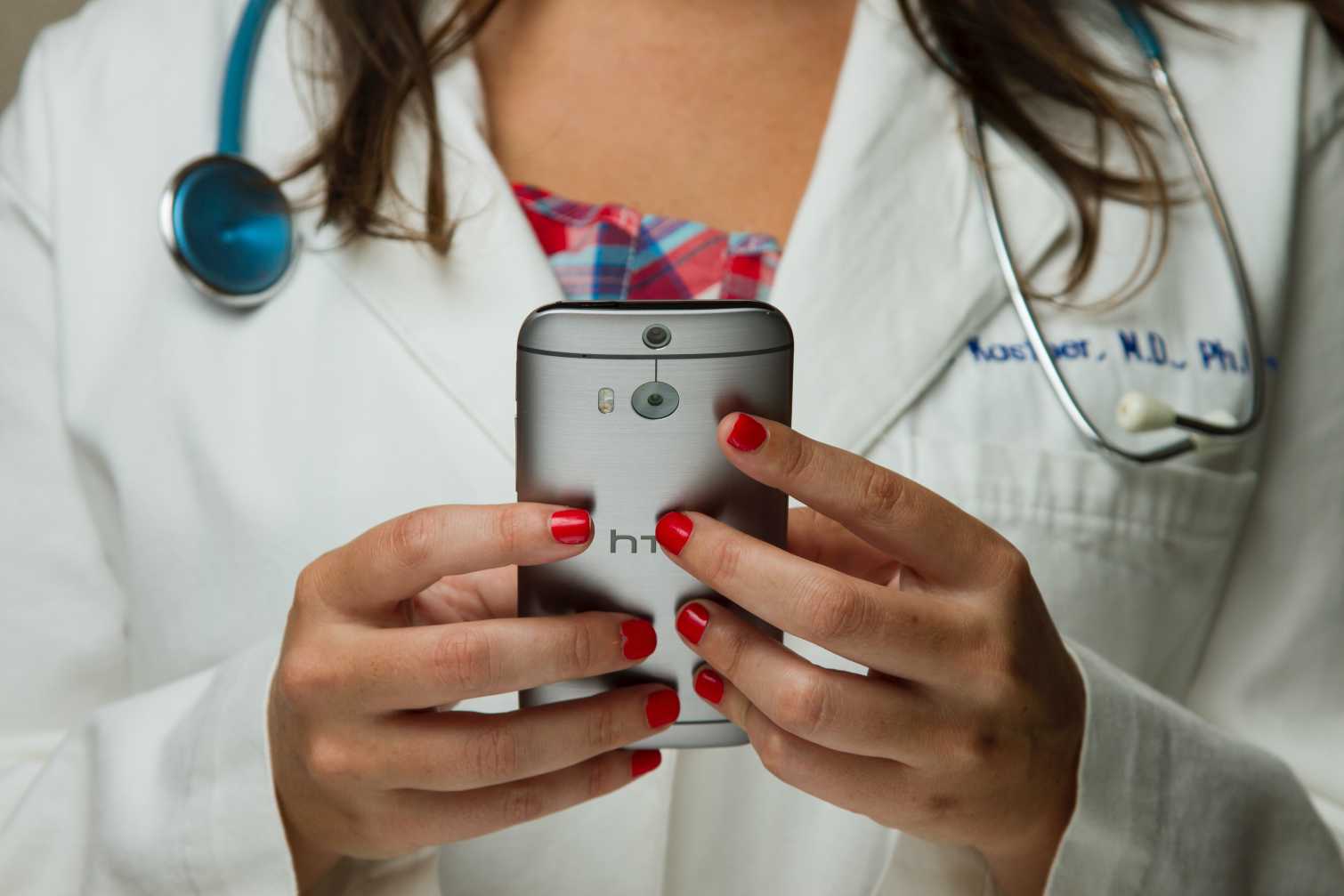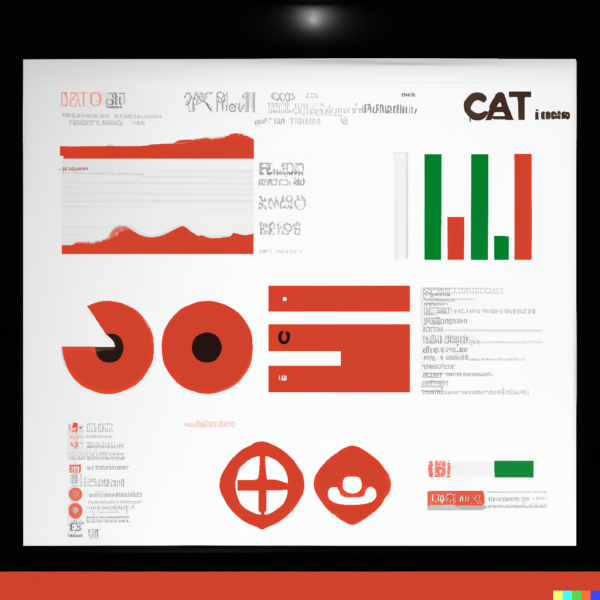Mary noticed a suspicious mole a few days ago and visited her local healthcare center to get it checked out. The Doctors at the center ran some tests and told Mary they’d be in touch. A couple of days later, Mary was contacted with her test results; the healthcare customer service executive informed Mary that there was no cause for concern but advised her to keep a close eye on its possible growth. After that, the center sent Mary periodic reminders to check on her mole, and a healthcare executive called in once a month until any potential red flags were ruled out.
While Mary’s journey with the customer service executive is largely similar to most customer interactions in other industries, it is still a far more crucial engagement. Like Mary, a person interacting with a healthcare company is often anxious, stressed, and on edge. Customer service in the healthcare industry is not only required to provide prompt and efficient support but is also required to be proactive, empathetic, and patient-centric.
The impact of customer experience in the healthcare industry
- Customer Satisfaction: Customer service that leads to happy patients leads to more recommendations. A positive customer experience can help patients with the reassurance and support they need through the course of their treatment. Smooth customer service can help patients ensure good mental well-being.
- Quality Care: Good customer service in healthcare shows that the facility/organization is not just invested in treating patients’ problems but is also interested in providing high-quality care and service across customer touchpoints. This demonstrates that the organization values its customers and looks to build long-term relationships over mere transactions.
- Error-free Engagements: Good customer service involves thorough processes to provide optimal care, including access to the right kind of data. Armed with the correct data, executives can provide smooth experiences to patients and avoid errors that may occur due to subjectivity and lack of data.
- Builds Reputation: Excellent customer service helps build a positive reputation for an organization. Customers always judge companies based on the nature of their interaction with them. Customer service teams represent the company and its values; a strong team that is responsive and empathetic to patient queries reflects well on the organization’s values.
Given the serious impact customer service can have on the healthcare industry, a center of excellence dedicated to strengthening customer service can help organizations consistently provide patient-centric services.
How can a CoE for customer service make a difference in the healthcare industry?
Right from research to appointment scheduling and after-care, there are multiple touchpoints for customers in the healthcare industry. A CoE can help leverage technology to set up best practices in each of these touchpoints to ensure a stellar experience. Let’s explore how -
1. Research
Customers/Patients begin their interaction with healthcare companies during their research phase. Today’s digitally-savvy customers will always use a search engine to evaluate options and compare reviews. A strong online presence will help organizations be ‘accessible’ and even influence decision-making. A CoE for customer service can ensure the organization has a presence on multiple platforms. Organizations can use platforms like Xaqt to deliver AI-driven customer interactions across channels.
Customers reaching out to contact centers can then be met with consistent, high-quality service, no matter the channel. Once positive first impressions have been made, customers will most likely choose to continue engaging with the organization.
2. Appointments and Check-ins
Appointments are one of the busiest touchpoints in healthcare. Customer service executives help customers understand their requirements, access urgency, and schedule appointments. A CoE can help make appointments smoother by establishing processes and using technology to minimize wait times. For example, ensuring patient data is readily available along with scheduling data will help executives provide quicker services.
Xaqt’s AI-powered bot assistants can help speed appointments by responding to customer queries in real-time, 24x7. They can help book appointments instantly and send confirmation messages along with timely reminders. Queries can also be seamlessly escalated to agents when necessary and free up valuable personnel time.
Once appointments have been set, the next key customer touchpoint occurs when customers walk-in or log in for their appointments. Long wait times have unfortunately become a norm at healthcare centers. However, organizations can work towards reducing waiting times.
Wait times are a make-or-break deal in the healthcare system. By ensuring data is collected in advance to avoid spot registrations. In addition, connected devices can help pull up necessary patient information and give Doctors the required context.
3. Post-treatment Care
Perhaps one of the customer touchpoints that makes the most impact is the post-treatment engagement. An organization that actively follows up on patients, keeps tabs on their updates, and proactively schedules follow-up appointments will demonstrate that they truly care about their patients.
A CoE can also help set up active feedback collection processes to ensure continuous improvement. Any and all concerns should be addressed swiftly, leading to increased customer satisfaction (CSAT) scores.
Providing a holistic customer experience requires smart technological adjustments to your existing contact centers for healthcare. Explore how Xaqt can help fine-tune your customer service processes by leveraging the power of AI; request a demo today.




